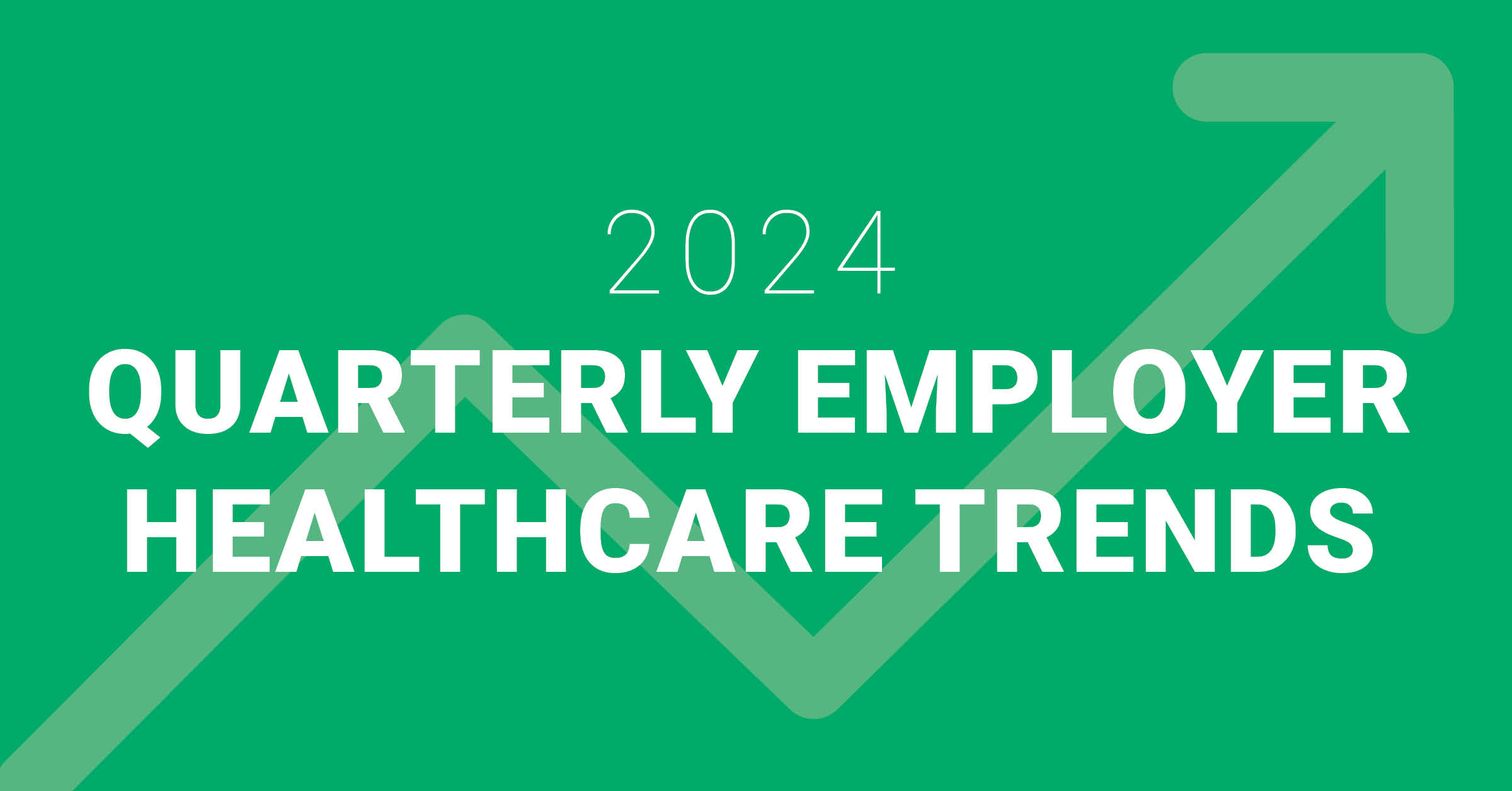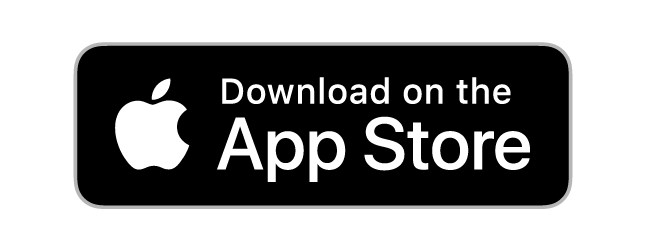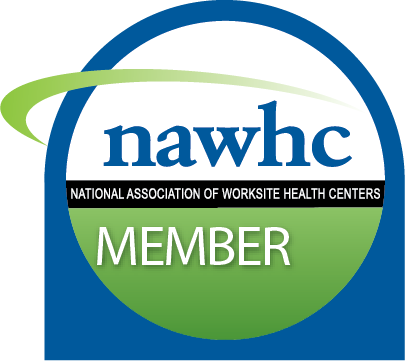From Forbes
Tuesday, October 10th marks World Mental Health Day. In recognition of the day, I spoke with employers who are not only recognizing the challenge millennial employees with mental illness face, but are actively working to help them thrive in the workplace and beyond.
According to a study by Bensinger, Dupont & Associates, one in five millennials report experiencing depression, as compared to 16% of older employees.
Let that sink in for a second. One in five. Look around the conference room during a meeting or down your millennial-inspired open concept floor plan. There are plenty of employees around you that are silently facing the private and public struggle that comes with mental illness.
Taking A Mental Health Sick Day
Recently a tweet by Madalyn Rose Parker, an employee at Olark, a live chat software company, went viral. Parker’s tweet shows an email she sent at work that says, “I’m taking today and tomorrow to focus on my mental health. Hopefully I’ll be back next week refreshed and back to 100%.”
In response, Ben Congleton, CEO of Olark, had this to say:
“I just wanted to personally thank you for sending emails like this. Every time you do, I use it as a reminder of the importance of using sick days for mental health – I can’t believe this is not standard practice at all organizations. You are an example to us all, and help cut through the stigma so we can all bring our whole selves to work.”
While Congleton’s response is epic and impressive, it does bring to light the stark reality that most millennials are not supported by their employers, bosses, and colleagues when it comes to taking care of their mental health.
Getting Serious About Mental Health Employee Benefits
CHG Healthcare is one company that has recently made strides in taking mental health of their employees seriously. Their employee base is comprised of about half millennials.
“We started offering services approximately one year ago via our partnership with Marathon Health in our Salt Lake City office,” said Nicole Thurman, Senior Director of Talent Management at CHG Healthcare, a healthcare staffing company. “This is our corporate office and there are approximately 1400 employees here.”
Thurman found that mental health services are of top concern to employees. With the help of Marathon Health, they now staff a full time male and female counselor and have served 75 patients in six months.
Having mental health care on campus allows for the ability to quickly refer employees for care as needed, as well as provide immediate assistance for mental health crisis events. While it’s commendable that some employers are now offering specialized mental health care, it’s also to their benefit to do so in some cases.
“Our Marathon Health staffed onsite clinic saves us a lot of money because we are deferring healthcare visits with far greater costs into our onsite clinic,” said Thurman. “We are able to prevent or catch issues earlier, including mental health issues.”
While putting mental health staff onsite can be beneficial from a cost and convenience perspective, some employees could be too embarrassed, shamed, or stigmatized to use onsite services. They may fear that their coworkers would see them going to the counselor. For those individuals, some companies offer an online option via AbleTo.
“AbleTo’s ability to deliver proven, high-quality treatment via phone or secure video allows for patients in need of customized, evidence-based mental healthcare to access it in the privacy of their own home, on their own schedule,” said Rob Rebak, President and CEO of AbleTo Inc., a tech-enabled provider of behavioral healthcare. “Geography is also not a barrier. Health plans and large employers see us as a solution to this problem for both members/employees as well as the bottom line. It’s a true win-win.”
In all reality, it’s 2017 and technology allows the ability to seek out resources online for mental health needs of employees. Beyond accessibility, AbleTo has made it their mission to meet the need of many facets of the mental health issue.
“AbleTo is focused on overcoming four primary challenges associated with solving the behavioral health crisis,” continued Rebak. “The first is identifying, proactively engaging, and screening people with a potential problem. The second is providing access to and delivery of high-quality care. The third is making it cost effective for both the payer and the patient. The fourth is care coordination.”
Not only is mental health care, whether onsite or online, beneficial to employees using the services, but it’s also good for a company’s bottom line. Costs saved in preventative treatment and lost productivity pay off in the long run for employers that offer mental health services.
“Aetna, one of the nation’s largest insurance providers, makes AbleTo available to Aetna’s commercial book of business,” said Rebak. “Together with Aetna, we published a study in the American Journal of Managed Care which demonstrated a 31% decrease in total hospitalizations and a 48% reduction in hospital days over a six month follow-up in a commercial population, driving significant cost savings per patient.”
Since millennials are used to sharing most of their life online, they are bringing transparency to the mental health conversation and stigma that has plagued previous generations. They are bringing it out into the open, including in the workplace.
Employers are responding to this increase in demand for mental health care. Whether it’s providing onsite counselor services, employee assistance programs, or online care via AbleTo, companies are recognizing that employees who can be their true selves at work are more likely to do their best work and cost them less in lost time and productivity. Hopefully one day in the near future, it will no longer be news to write about companies who make a point of caring for their employee’s mental wellbeing.
Author

We're on a mission to build the most trusted health company in the United States by delivering outcomes that people care about.
You might also like
Subscribe to our newsletter and stay on the cutting edge of worksite healthcare.









